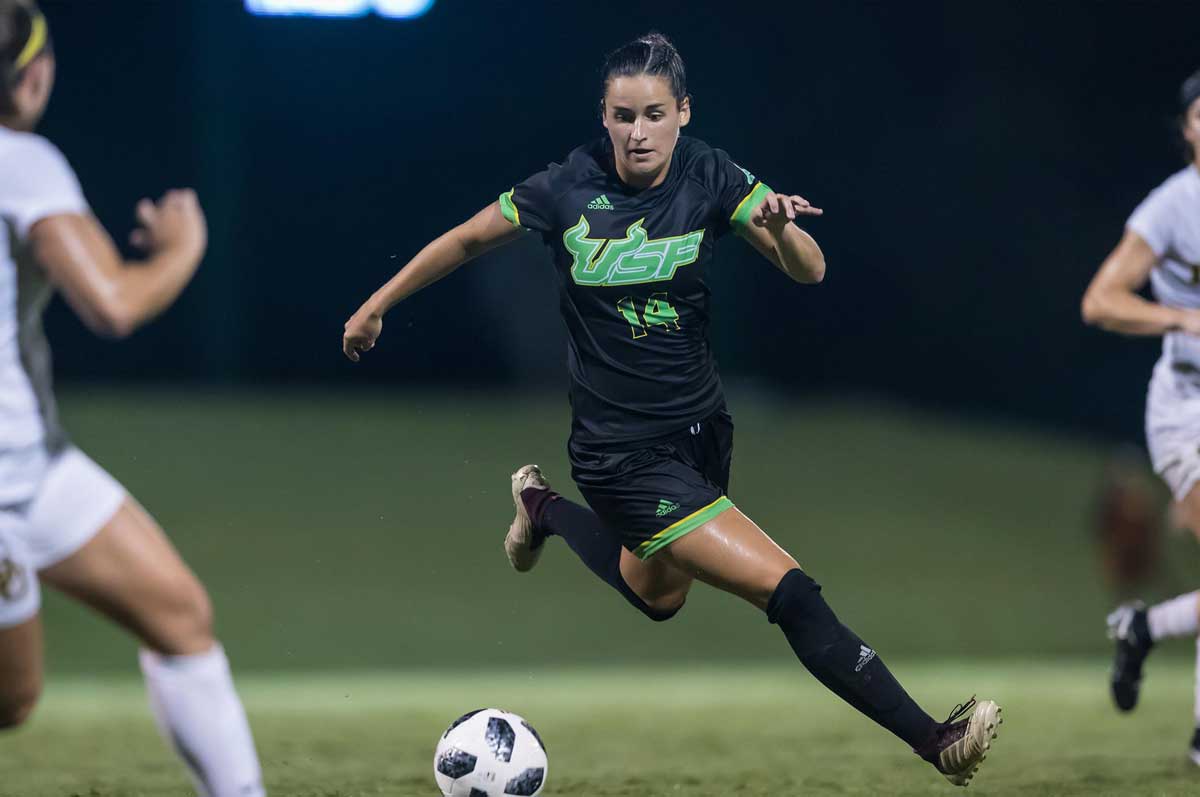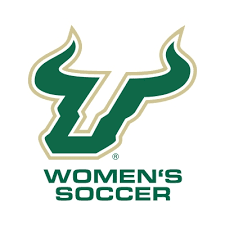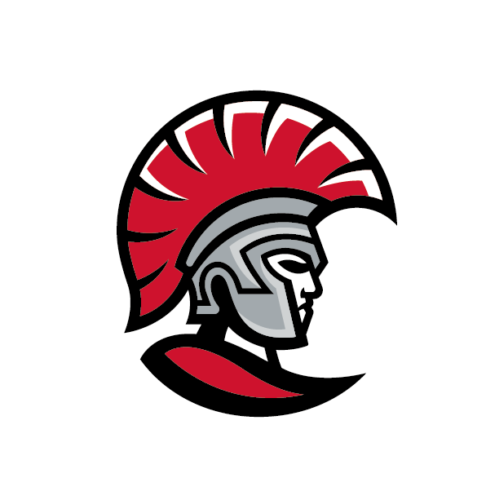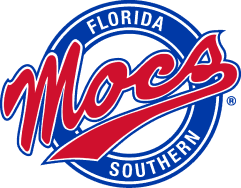OUR STORY
HISTORY
Over the decades, Tampa Bay’s soccer narrative has grown alongside the region’s cultural and economic blossoming.

From the earliest Florida High School Athletic Association (FHSAA) matches that introduced young players to the sport’s fundamentals, to the spirited days of the North American Soccer League (NASL), when professional teams brought global stars and a richer competitive spirit, Tampa Bay’s soccer presence continued to flourish. In more recent years, Major League Soccer (MLS) exhibitions and events have further amplified the game’s prominence, strengthening the local pipeline of talent and fueling a region-wide embrace of soccer culture.
In addition to professional influences, the Florida Youth Soccer Association (FYSA), founded in 1974 and headquartered in Auburndale (Polk County), has played a pivotal role in grassroots development. Today, it governs more than 200 clubs and leagues, supports over 105,000 registered players, and engages more than 20,000 coaches and officials, ensuring that soccer remains a vibrant part of Tampa Bay’s youth landscape.
At the collegiate level, Tampa Bay’s soccer legacy is cemented by the achievements of multiple universities and colleges:
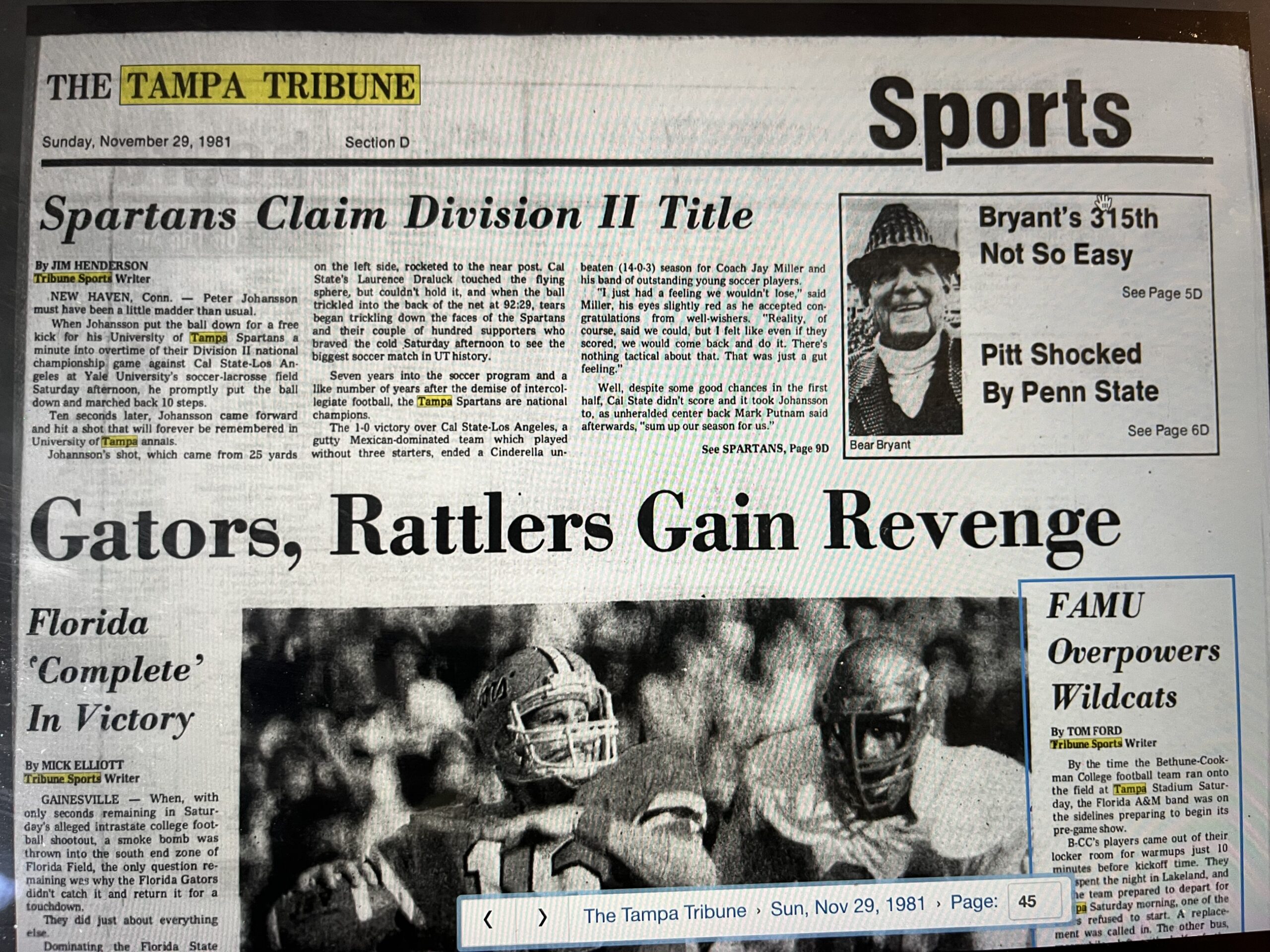
NCAA Men’s Programs:
- The University of South Florida (USF) introduced men’s soccer as its first varsity sport in 1965. The Bulls have earned 21 NCAA Tournament bids—including an Elite Eight finish in 1997—and 20 conference championships. Distinguished All-Americans from USF include Roy Wegerle (1982, 1983), Mike Mekelburg (1996), and Jeff Attinella (2009).
- The University of Tampa (UT) men’s team captured three NCAA Division II national championships (1981, 1994, 2001). Five UT players earned Division II National Player of the Year honors: Justin Throneburg (1991), George Fotopoulos (1992), Adrian Bush (1994), Henrik Nebrelius (1995), and Roy Fink (2001).
- Eckerd College launched men’s soccer in 1973. The Tritons have produced two third-team All-Americans: Matt Duffy (2012) and Tommy Shepherd (2022).
- Florida Southern College began men’s soccer in 1957. The Mocs boast four All-Americans: Bill Currie (1961), John Hayes (1965), Brian Bain (1967), and Jim Dawsey (1969).
- Saint Leo University started men’s soccer in 1968 and has earned three Sunshine State Conference titles (2005, 2013, 2015) plus four NCAA Tournament appearances (2005, 2013, 2014, 2015).
NCAA Women’s Programs:
- The USF women’s program began in 1995, producing eight NCAA Tournament appearances and seven conference championships. Sydny Nasello earned First-Team All-American honors in 2020.
- The University of Tampa women’s program, launched in 1998, captured the NCAA Division II national title in 2007, with Shannon Aitken named National Player of the Year.
- Eckerd College began women’s soccer in 1997. Karah Smith earned Sunshine State Conference Co-Player of the Year honors in 1999.
- Florida Southern College introduced women’s soccer in 1998. The Mocs have qualified for four NCAA Tournaments (2000, 2008, 2010, 2022), and Erin Hopkins was named a third-team All-American in 2008.
- Saint Leo University added women’s soccer in 2000, securing seven NCAA Tournament appearances (2006, 2007, 2008, 2009, 2011, 2014, 2016).
Beyond youth and collegiate ranks, Tampa Bay’s soccer ecosystem has featured diverse competitive frameworks:
NPSL (National Professional Soccer League):
The Tampa Bay Terror, an indoor team, played two seasons from 1995 to 1997 at St. Petersburg’s Bayfront Center, averaging 1,950 fans per game. With head coaches Kenny Cooper (1995-96) and Perry Van Der Beck (1996-97), the Terror compiled a two-season record of 29-51.
U.S. Club Soccer:
Recognized by the U.S. Soccer Federation in 2001, U.S. Club Soccer supports player-based club decision-making. Formed originally as a lobbying organization to influence the United States Youth Soccer Association, it now empowers clubs as primary decision-makers for development, structure, and organization.
UPSL (United Premier Soccer League):
The UPSL is North America’s largest adult amateur league, bridging the gap between youth and professional levels. With nearly 400 clubs across the U.S., Canada, and Mexico, the UPSL fosters player development and exposure. Tampa Bay-area clubs include the Clearwater Chargers, West Florida Flames, Florida Premier, and Florida Tropics SC.
USISL (United States International Soccer League):
The Tampa Bay Cyclones competed outdoors in the USISL for two seasons (1995-96), playing at the USF Soccer Stadium. They finished 20-5 in their inaugural year, reaching the USISL final four. Owner Luis Posso initially positioned the Cyclones as a development team for MLS’s Tampa Bay Mutiny. After the second season, the franchise moved to Jacksonville, reflecting the challenges of coexisting alongside an MLS club.
USL (United Soccer League):
Founded in 1986 by Francisco Marcos and based in Tampa, the USL oversees multiple leagues: the USL Championship, USL Super League, USL League One, USL League Two, the USL W League, the USL Academy, and USL Youth.
The Tampa Bay Rowdies currently compete in the USL Championship and host matches at St. Petersburg’s Al Lang Stadium. After winning the 2021 regular-season title, the Rowdies fell 3-1 to Orange County SC in the championship match.
The Tampa Bay Sun, a women’s team in the USL Super League, made their 2024 debut under head coach Denise Schilte-Brown (formerly of USF women’s soccer), playing home matches at Tampa’s Riverfront Stadium at Blake High School.
Major League Soccer (MLS):
Major League Soccer (MLS) was formed on Dec. 17, 1993 to establish a men’s premier professional soccer league and capitalize on the momentum from the United States being awarded hosting rights for the 1994 FIFA World Cup.
On Nov. 16, 1994, the Tampa Bay Mutiny was founded as one of the league’s original 10 franchises, partially because the league was bullish on the Tampa Bay area’s soccer heritage and the success of the Tampa Bay Rowdies in the old North American Soccer League from 1975-84.
FSSL (Florida Suncoast Soccer League):
The FSSL, established in 1973 to facilitate competition for the Tampa Bay area’s adult amateur teams, has more than a half-century of tradition while operating under the umbrella of the U.S. Amateur Soccer Association (USASA). The St. Petersburg Kickers, a heritage FSSL member, have won 18 national championships. In 1989, the Kickers became the first Florida team to win the prestigious U.S. Open Cup. FSSL teams have also won the Florida State Soccer Association State Cup and the National Amateur Cup.

